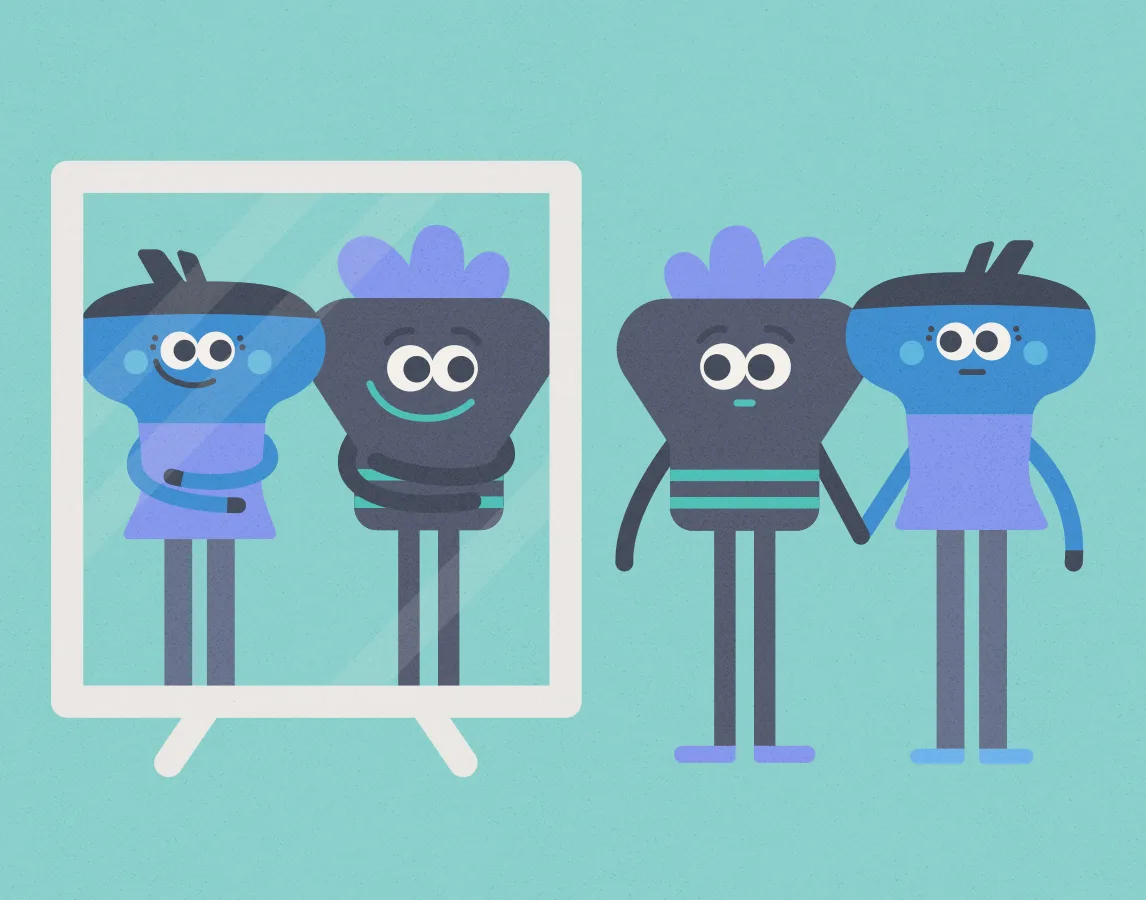How to make difficult conversations easier
It’s central to human existence to be able to relate to others, and to be able to share experiences and learn from them. There are many benefits derived from relationships, including both mutual and self-preservation, reassurance, and peace of mind. Our relationships with family, coworkers, and friends are deeply important, but broader relationships are complementary, too.
On average, we each interact with somewhere between 100-200 acquaintances. Can changes in the way we interact with them over time tell us anything? Mobile phone sensors tracking our activities and interactions (including those that might be pleasurable or provide a sense of accomplishment) can identify changes in those interactions and have been used to detect changes in mood. So what can we do to protect and improve our relationships to minimize any adverse effect on our mood? As important as they are, relationships don’t just happen; they require input and thought, both of which are facilitated by a calm inner self. If you want better relationships with your partner, family, or colleagues, start with having a better relationship with yourself. Mindfulness meditation is proven to leave a person calmer and more focused, with more respect for oneself, and therefore more respect for others. This is a two-way street; the investment in relationships requires communication both nonverbal and verbal. Part of this communication is to listen and not interrupt. Even doctors, who are taught to listen, interrupt their patients’ conversations on average within 23 seconds.
Difficult conversations are inherently stressful—irritability and even anger may result. But keeping a mindfulness practice can reduce stress and, with that, the irritability that can prevent you from getting your message across calmly and thoughtfully. One of the other effects of meditation is making the response to stress less intense, and this effect extends beyond each session. Here’s how it works: deep breathing activates the vagus nerve, the “slowing” part of our nervous system. The nervous system becomes less likely to overreact, and to be less defensive; in other words, the nervous system doesn’t react to a threat with “fight or flight” but can instead react calmly. Through imaging studies, functional changes in the relevant regions of the brain have shown an increase in activity in the medial prefrontal cortex (the area that bridges the gap between the thinking frontal cortex and feeling areas of the brainstem). Through mindfulness, the brain is “rewired” and remembers more often and more easily who you are, allowing you to be more flexible and in more control of your fears. The evidence is that regular meditation (20 minutes or less a day), even when walking alone, sitting in traffic, or just standing in line, generates compassion with a greater interest in the social good and healthier relationships. As Henry James said: “Three things in life are important: the first is to be kind; the second is to be kind; and the third is to be kind.” The fourth is, probably, to meditate.



Be kind to your mind
- Access the full library of 500+ meditations on everything from stress, to resilience, to compassion
- Put your mind to bed with sleep sounds, music, and wind-down exercises
- Make mindfulness a part of your daily routine with tension-releasing workouts, relaxing yoga, Focus music playlists, and more
Meditation and mindfulness for any mind, any mood, any goal
- © 2024 Headspace Inc.
- Terms & conditions
- Privacy policy
- Consumer Health Data
- Your privacy choices
- CA Privacy Notice
